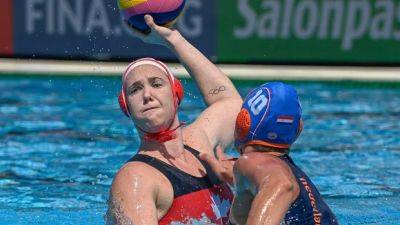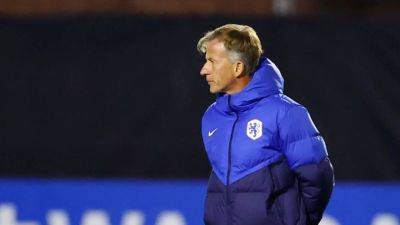Dutch government resigns after failure to reach agreement on asylum measures
The Dutch government collapsed Friday because of irreconcilable differences within the four-party coalition about how to rein in migration, a divisive issue that has split nations across Europe.
The resignation of Prime Minister Mark Rutte, the longest-serving premier of the nation, means the country will face a general election later this year. Rutte and his government will remain in office in a caretaker capacity until a new ruling coalition is chosen.
“It is no secret that the coalition partners have very different views on migration policy,” Rutte told reporters in The Hague. “And today, unfortunately, we have to draw the conclusion that those differences are irreconcilable. That is why I will immediately … offer the resignation of the entire Cabinet to the king in writing”
Opposition lawmakers wasted no time in calling for fresh elections even before Rutte formally confirmed his resignation.
Geert Wilders, leader of the anti-immigration Party for Freedom, tweeted, “Quick elections now.” Across the political spectrum, Green Left leader Jesse Klaver also called for elections and told Dutch broadcaster NOS: “This country needs a change of direction.”
Rutte had presided over late-night meetings Wednesday and Thursday that failed to result in a deal on migration policy. At one final round of talks Friday evening, the parties decided unanimously that they could not agree and, as a result, could not remain together in the coalition.
The decision underscored ideological divisions that existed from the day the coalition was sworn in just over 18 months ago between parties that do not support a strict crackdown on migration — D66 and fellow centrist party ChristenUnie, or Christian Union — and the two that favour tougher measures —








